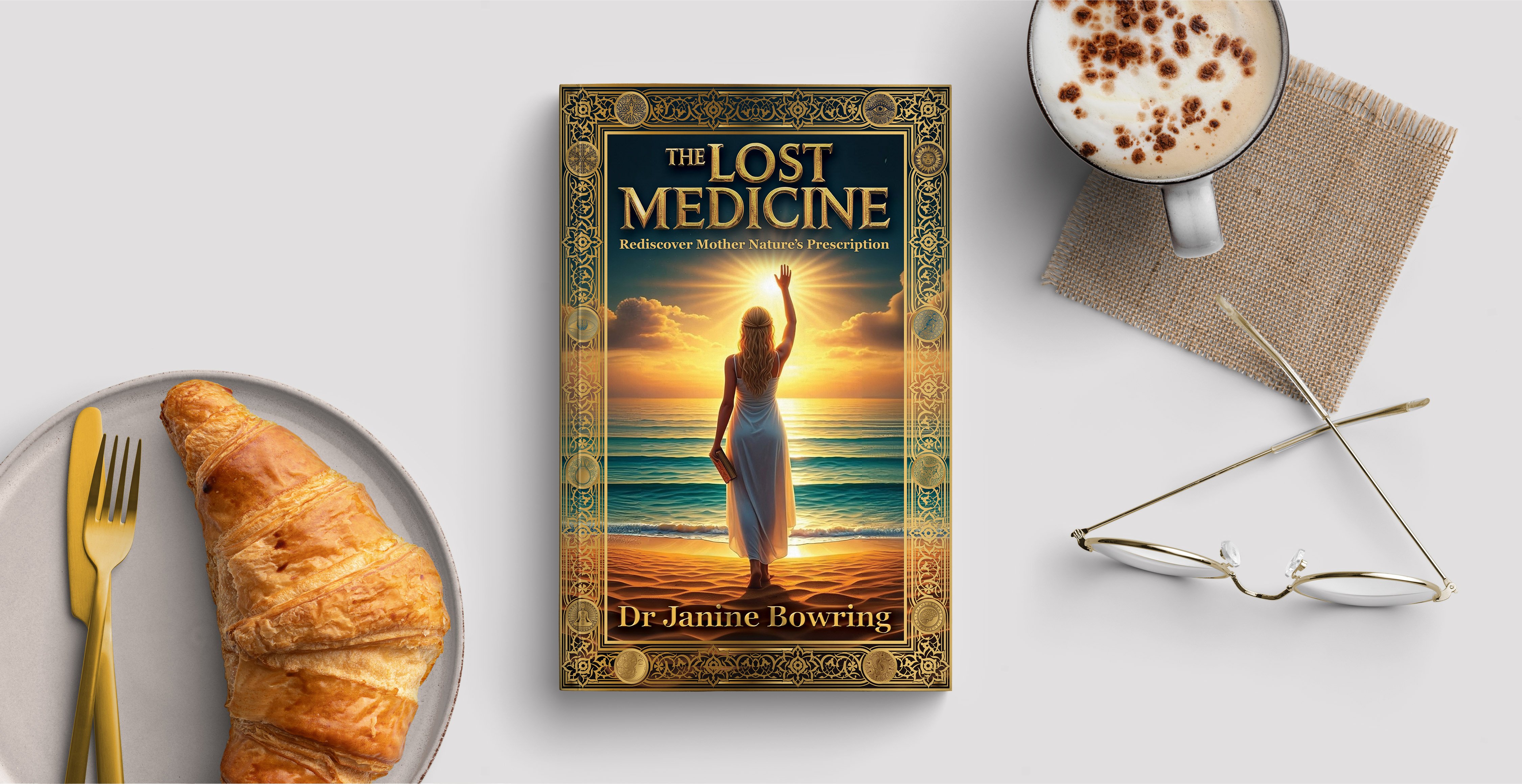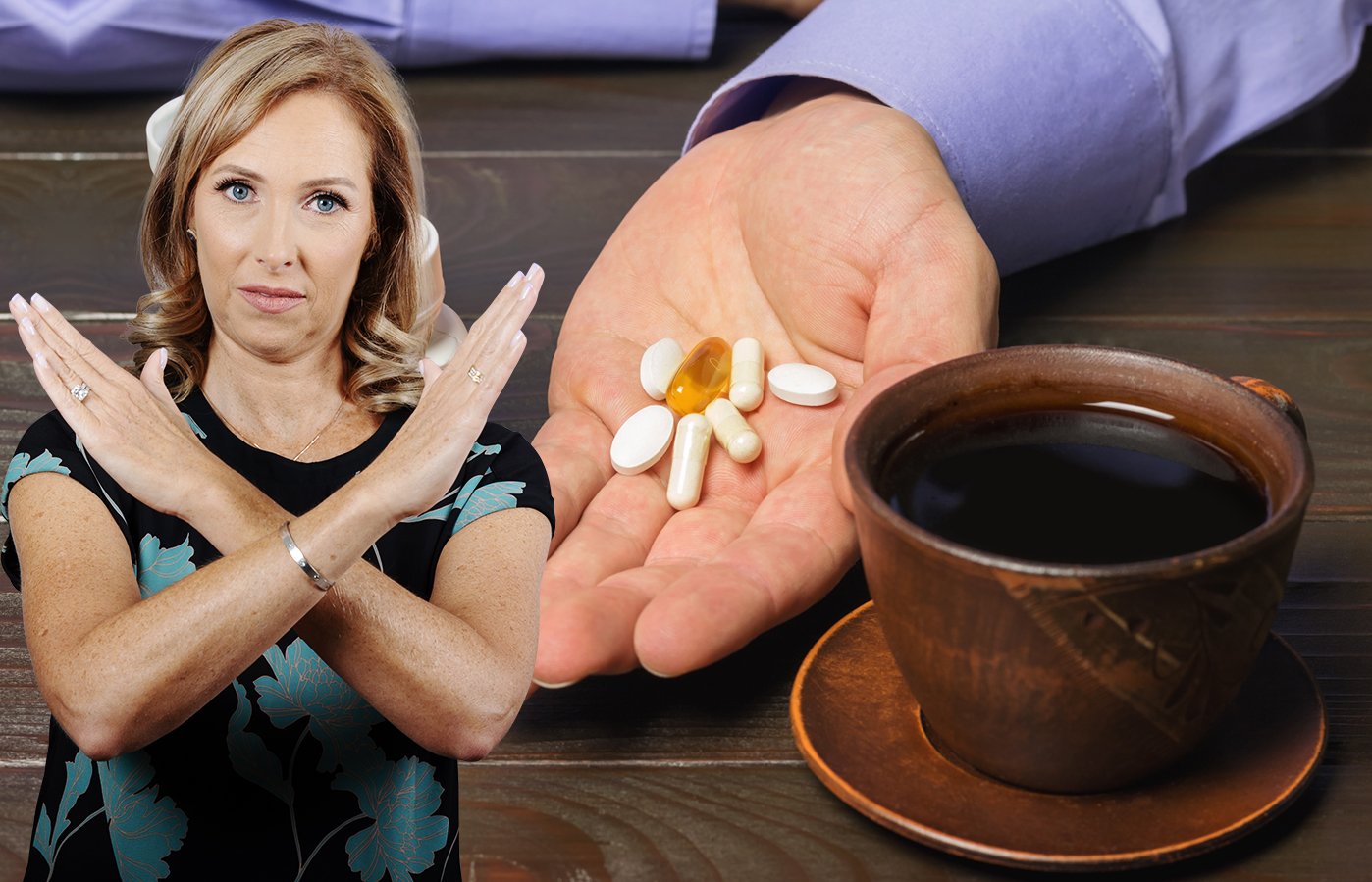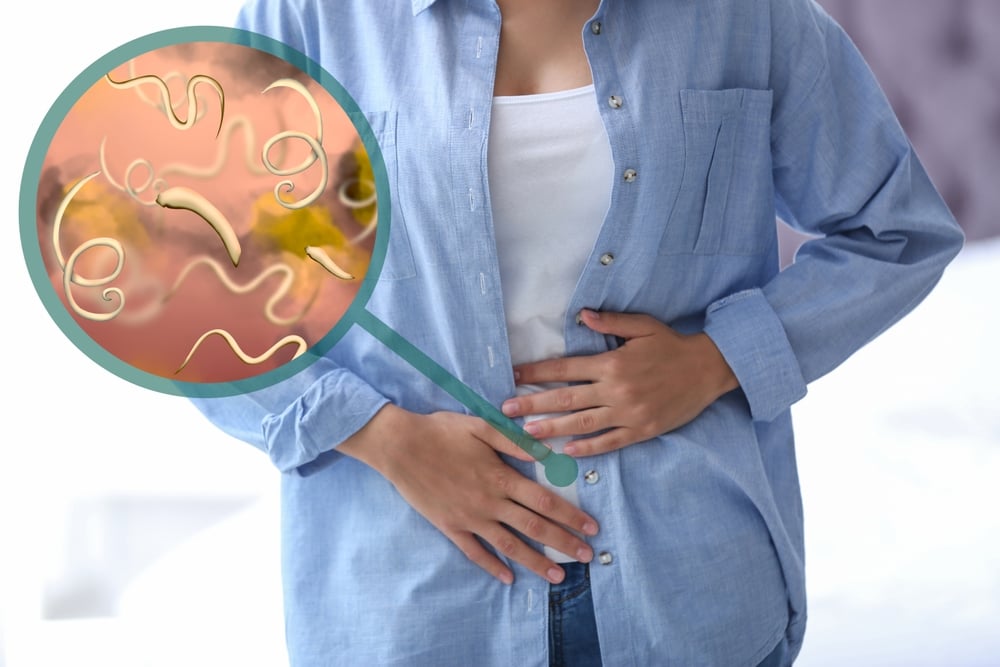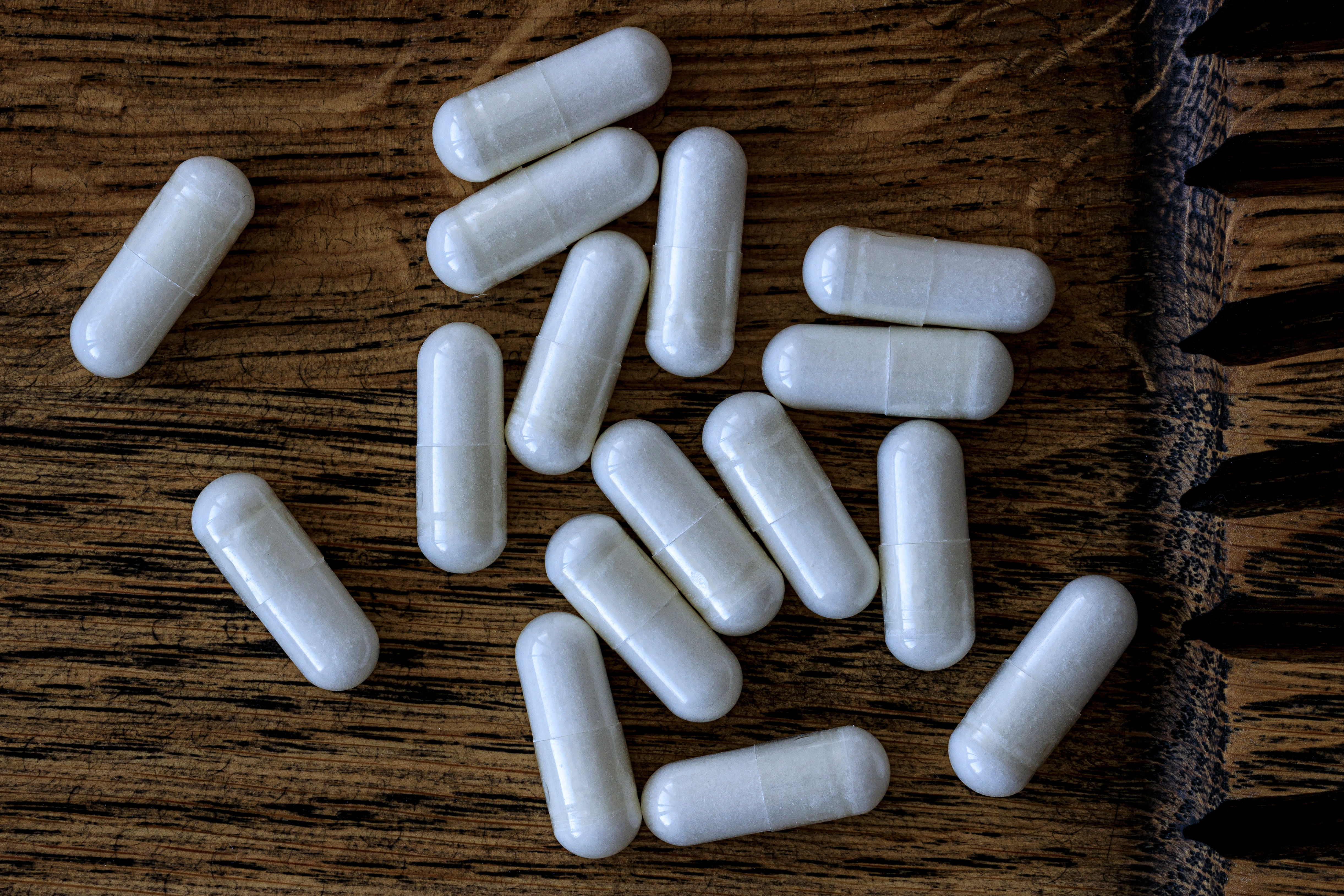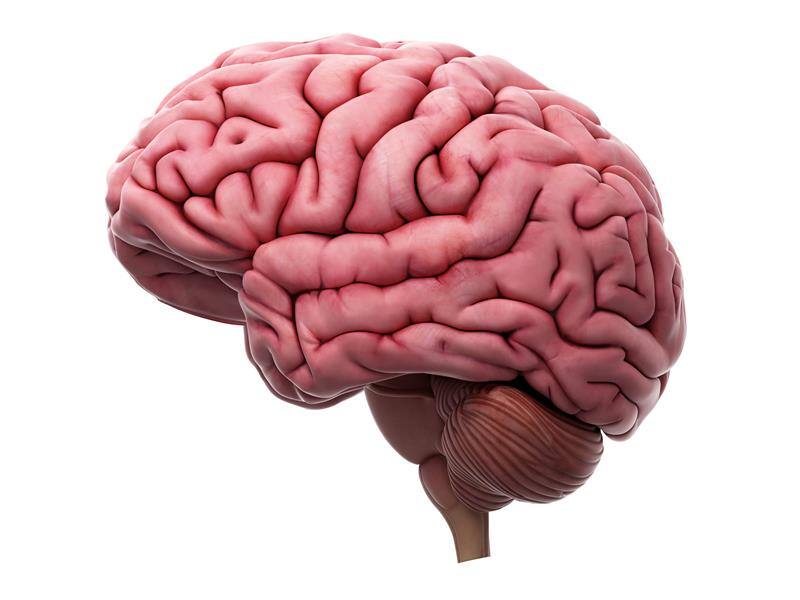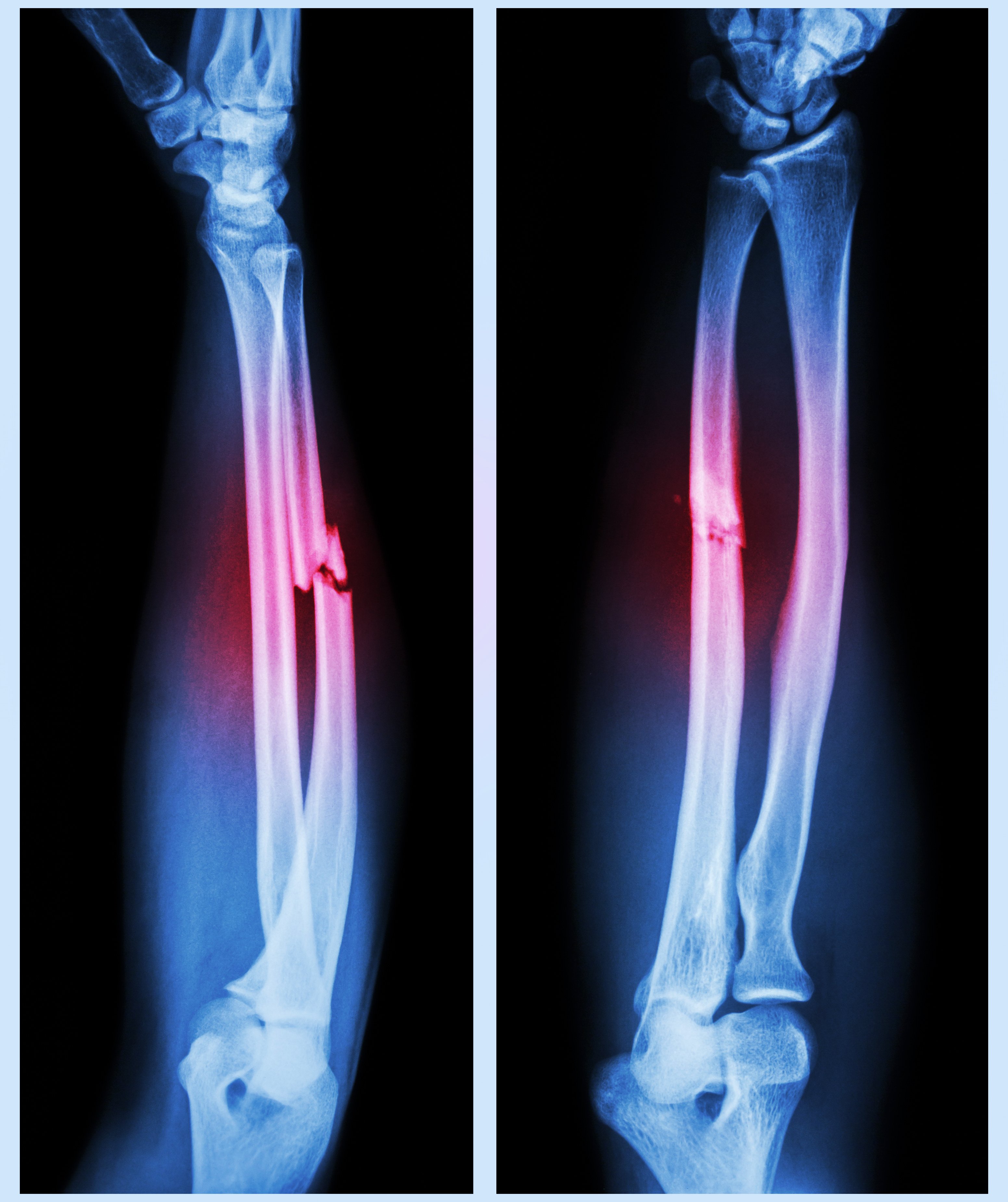Introduction
To maintain healthy bones and teeth, it's essential to optimize our vitamin K2 levels. One of the key functions of vitamin K2 is its role in activating a protein called osteocalcin.
What is Osteocalcin?
Osteocalcin acts like a hormone and helps improve insulin sensitivity and reduce blood glucose levels. This is another reason why optimizing our vitamin K2 levels—and in turn, osteocalcin— is important. Osteocalcin, by the way, can be damaged by leptin resistance, a topic I discuss in other videos, so it's crucial to optimize osteocalcin.
Vitamin K2 also supports bone density and is believed to stimulate osteocalcin, which in turn can promote the growth of dentin, the calcified tissue under tooth enamel. This helps maintain strong teeth and can reduce the risk of cavities, which is particularly important for children who may frequently experience dental issues. While diet and the mouth's microbiome play key roles in dental health, ensuring sufficient vitamin K2 levels is essential and can easily be supported through supplementation.
Best Form of Vitamin K2
You just need to make sure you're choosing the right type of vitamin K2, specifically MK-7. The one I take is great because it's a chewable form, tastes like strawberries, and is really delicious!
Most forms of vitamin K2 are naturally produced by bacteria in our gut. While there are different types of vitamin K2, I prefer the MK-7 form, also known as menaquinone-7. This form has been shown in studies to have superior absorption compared to other types of vitamin K2. The one I take is strawberry-flavored, delicious, and comes in a fat-soluble format, which is important because vitamin K2 is a fat-soluble vitamin. It's also made with medium-chain triglycerides (MCTs) from coconuts, which help enhance the absorption of the vitamin K2.
More Benefits of Vitamin K2
Another benefit of vitamin K2 is its positive impact on bone density and dental health. Interestingly, Japanese women are often known for their beautiful, porcelain-like skin, which is smooth and free of fine lines and wrinkles—something less commonly seen in other parts of the world. One reason for this is their diet, which tends to be naturally rich in vitamin K2. A key source of this nutrient in their diet is natto, a fermented soy food. While it's not commonly eaten in many other parts of the world, natto is packed with vitamin K2, which is excellent for both skin health and supporting the skin microbiome.
Daily Dosage and When to Take Vitamin K2
The recommended dosage of vitamin K2 for adults is about 110 micrograms per day, and for children aged four and up, it's 55 micrograms. I recommend taking vitamin K2 closer to bedtime, especially if you're also taking a whole food-based calcium supplement. When choosing a calcium supplement, I prefer a whole food form, like Coral Calcium, because it's rich in other minerals that support proper calcium absorption. Taking both vitamin K2 and calcium together at night is ideal, as calcium is most effectively absorbed into our bones and teeth during sleep, when growth hormone levels peak in the middle of the night.
For more information on leptin resistance, which I mentioned earlier, be sure to check out this video on "10 Tips to Fix Leptin Resistance." It's really important because leptin resistance can block osteocalcin, and optimizing osteocalcin is key for healthy bones and teeth, as well as many other health benefits.
I’ll see you there!

